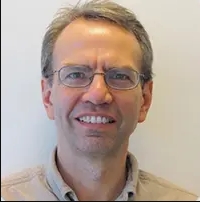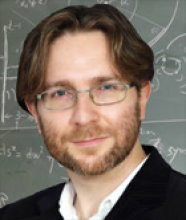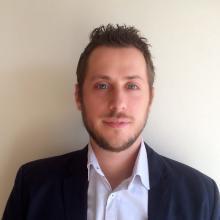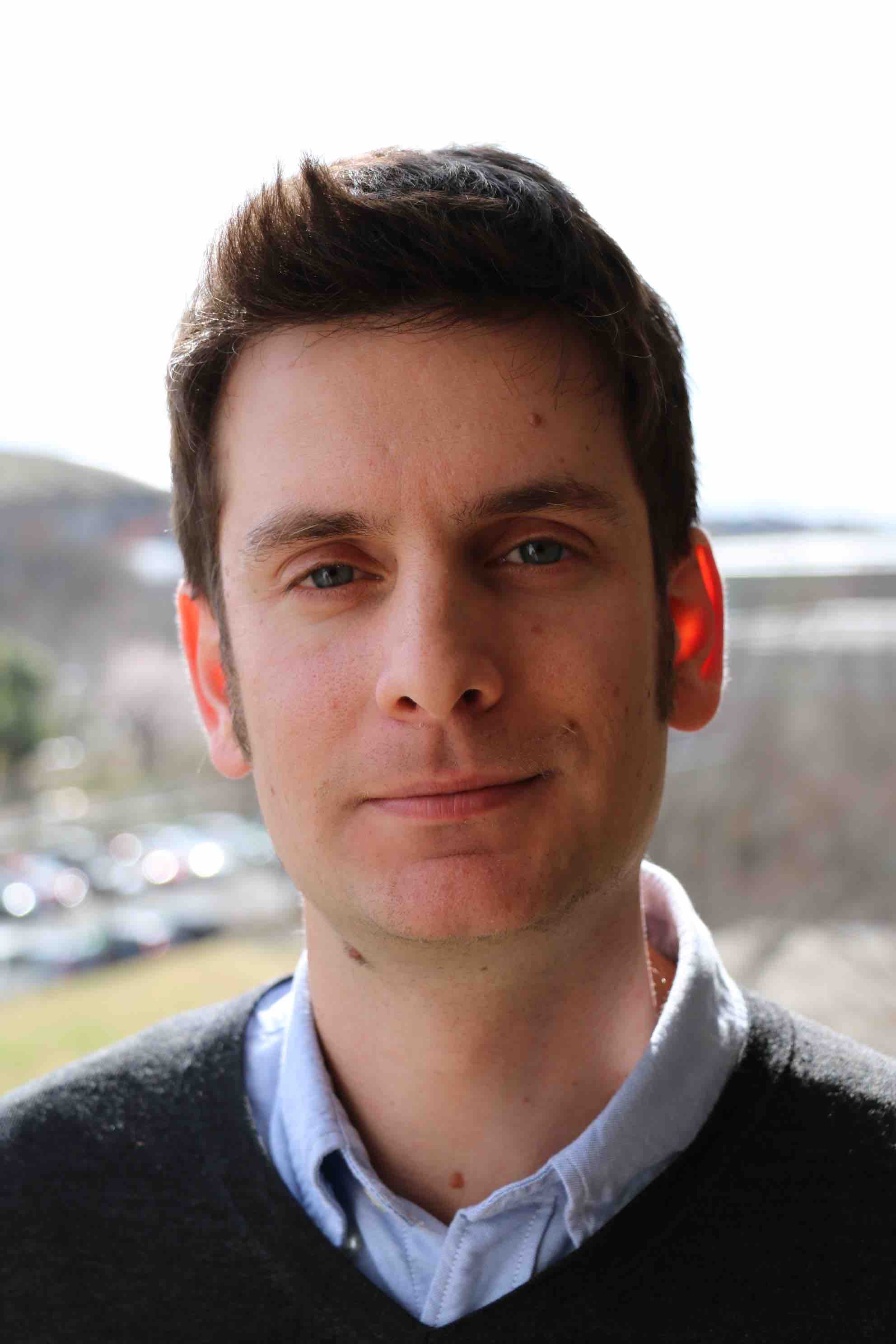Visiting Scholars
Visiting Scholars
| Visitor | Period of stay | Office | Email address | Research interests | |
|---|---|---|---|---|---|
John Carpenter |
1 April 2025 to 3 April 2025 | Dr. John Carpenter joined the ALMA Project in September 2015 as the ALMA Observatory Scientist. John received his PhD from the University of Massachusetts-Amherst, and was a James Clerk Maxwell Fellow at the University of Hawaii and an Postdoctoral Scholar at the California Institute of Technology (Caltech). While at Caltech, John conducted research using the Owens Valley Radio Observatory (OVR... |
 |
Past Visiting Scholars
| Visitor | Period of stay | Research interests | |
|---|---|---|---|
|
Tomonari Michiyama National Astronomical Observatory of Japan (NAOJ) |
22 Apr 2019 to 26 Apr 2019 | merging galaxy, feedback, galaxy evolution, interstellar medium, ALMA, ASTE, APEX, Nobeyama |
 |
|
Christopher Martin The Kavli Foundation |
21 Mar 2019 |
 |
|
|
Kevin Moses The Kavli Foundation (Vice President of Science Programs) |
21 Mar 2019 |
 |
|
|
Pau Amaro-Seoane Max-Planck Institute for Gravitational Physics |
21 Feb 2019 to 20 Mar 2019 | stellar dynamics, LIGO/Virgo/LISA black holes, data analysis and gravitational-wave search algorithms, planetesimal dynamics, scalar fields and collisional dark matter, and GPU computing |
 |
|
Fabio Vito Istituto de Astrofísica, Pontificia Universidad Católica de Chile (Chile) |
19 Jan 2019 to 23 Jan 2019 | My research is focussed on the evolution of the AGN population across cosmic time, with a particular focus on the high-redshift population, mainly using data from deep X-ray surveys, and ancillary data and galaxy properties from multi wavelength surveys. |
 |
|
Claudio Ricci Universidad Diego Portales |
17 Jan 2019 to 20 Jan 2019 | Active Galactic Nuclei, X-ray astronomy |
 |
|
Alessandro Sonnenfeld Leiden Observatory |
9 Jan 2019 to 16 Jan 2019 | massive early-type galaxies |
 |
|
Jianhui Lian University of Portsmouth |
9 Jan 2019 to 16 Jan 2019 | Galactic and extragalactic chemical evolution, Star formation history of galaxies, and galaxy environment |
 |
|
Nils Ake Andersson University of Southampton |
8 Jan 2019 to 15 Jan 2019 | Relativistic superfluidity and elasticity Heat and dissipation in general relativity Neutron star asteroseismology (and instabilies, e.g, r-modes) Neutron star dynamics (glitches, LMXB spin variability, accretion) |
 |
|
Siyi Feng East Asian Core Observatories Association |
28 Dec 2018 | galactic star formation |
 |
